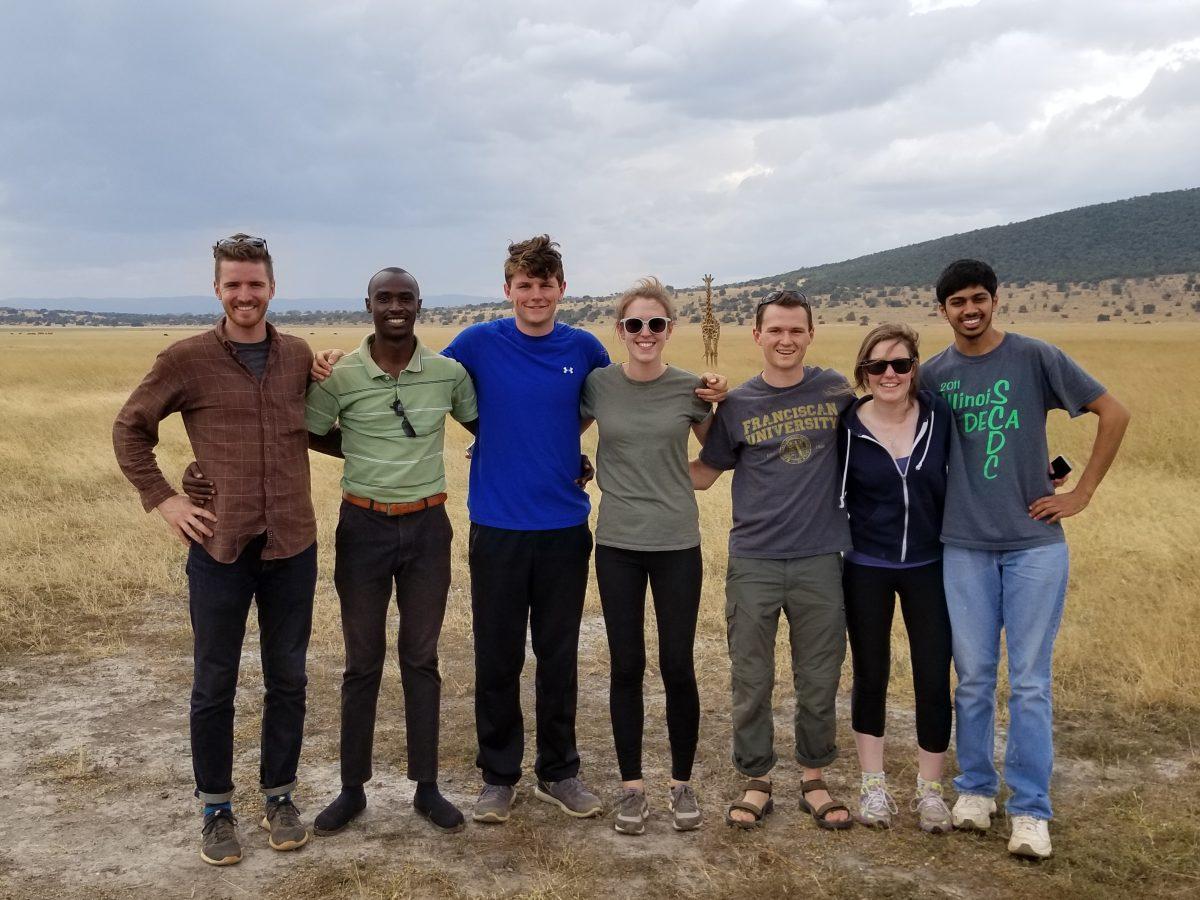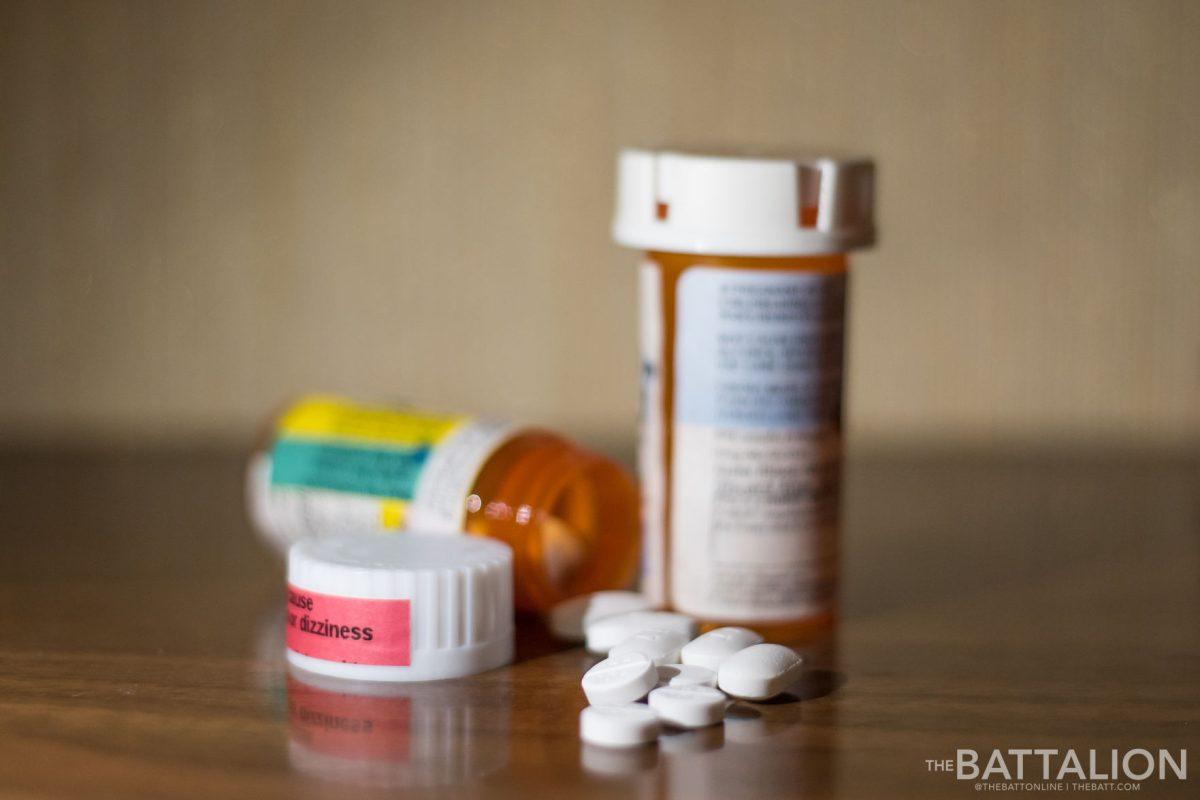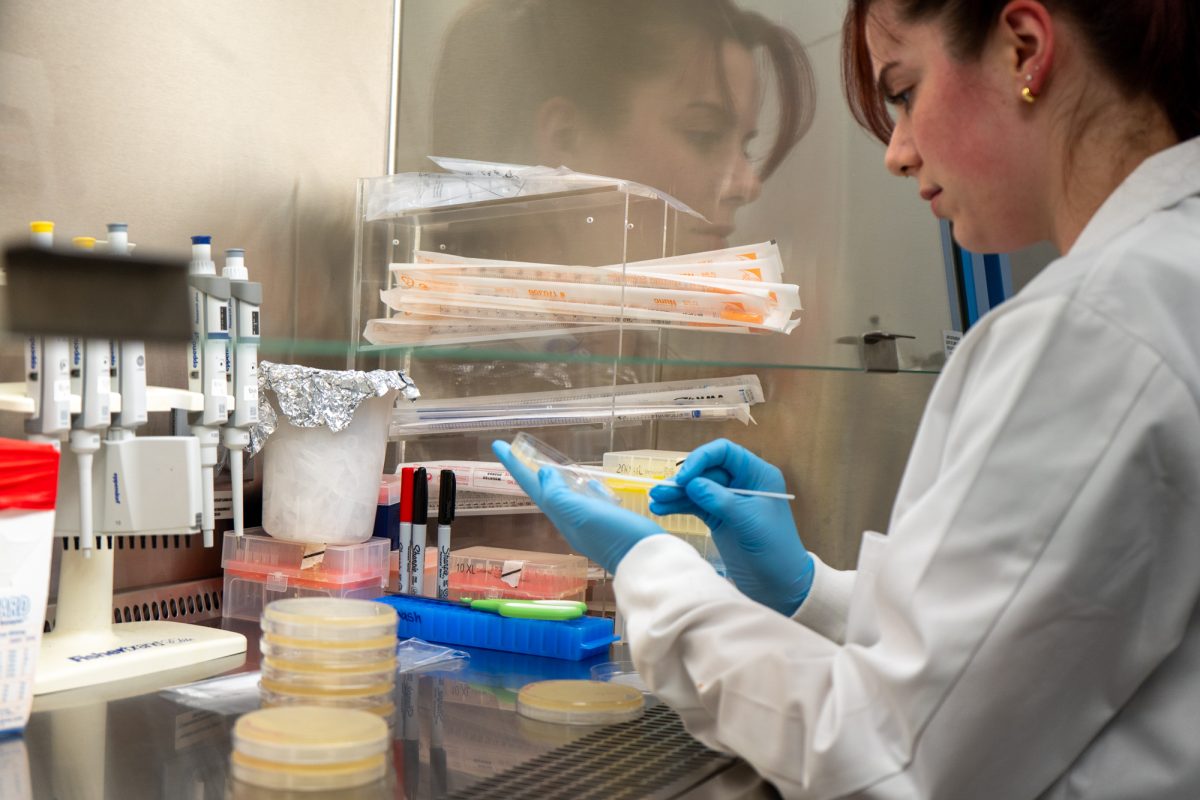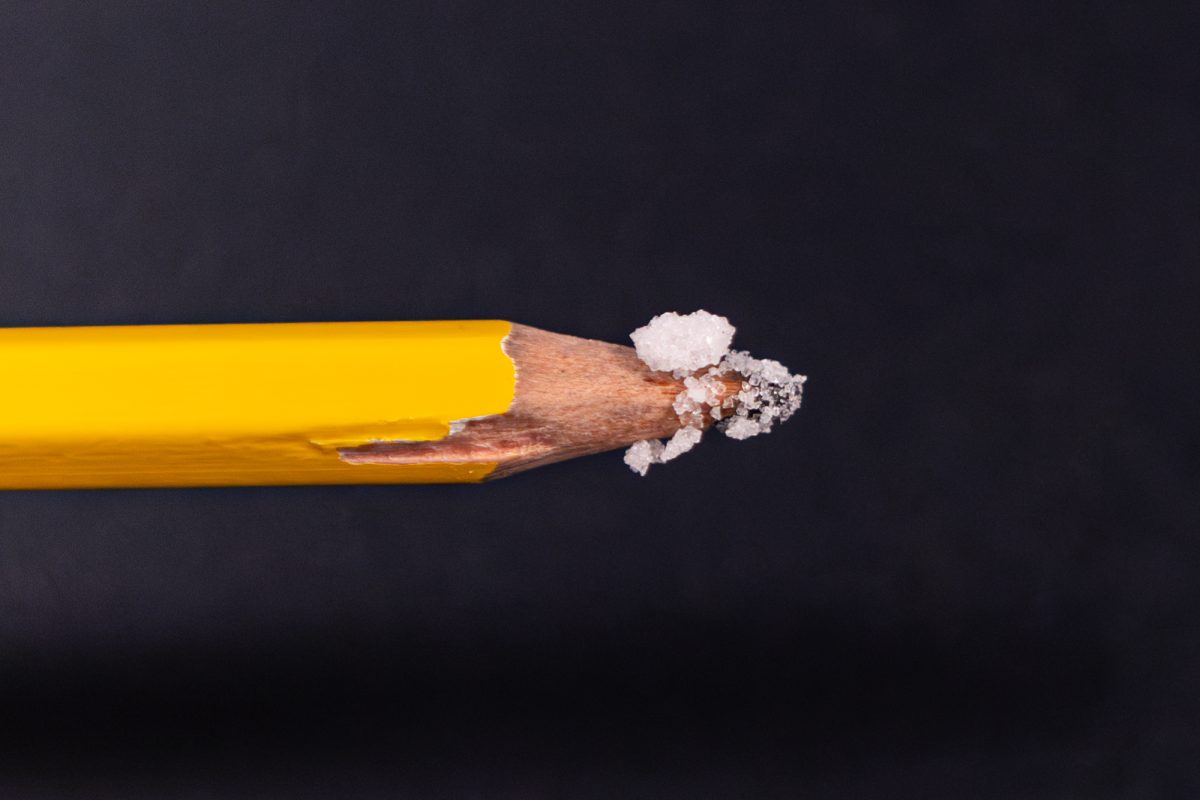With no running water and disease looming, Aggies travel yearly to Rwanda, helping those in need and gaining valuable experience.
Texas A&M students spent the summer in Rwanda, a country in Africa, repairing medical equipment as part of the Engineering World Health Rwanda Program at A&M.
This six-week study abroad program in Kigali, the capital city of Rwanda, is focused on teaching students the techniques behind mending old medical equipment along with learning new languages, such as Kinyarwanda and French.
For the first month of the program, students receive credit. During the second month, students’ skills are put to the test when they are divided into pairs and placed with host families in various cities all over the country of Rwanda. There they help out at local hospitals, repairing old and damaged medical equipment with only the materials they have on site.
“Because here [in the United States], for a country like this you have all these materials at your disposal,” said Michael Moreno, director of the Rwanda summer program. “Over there, just to find raw material is difficult. So you have to be able to design things with a limited amount of materials to work with.”
In this program, the classes taught for credit during the first month of the program prepare the students to work in clinics and live in the various cities of Rwanda during their second month in the program.
During the second month, students face the challenges of living in an underdeveloped country and assist in repairing medical equipment or even any equipment in the clinic with the limited resources available to them, according to Moreno.
Biomedical engineering senior and a past participant of the program, Jenny Hong said she was able to install a sink in an area of her district without running water.
“I think it expanded my horizons regarding my future and goals,” Hong said. “I feel that there’s so much that we can be doing even outside our nation just regarding the medical industry. I think often we limit ourselves just to what we’re comfortable with. I think going on this trip really helped me consider a future where I can utilize the skills and what I’m learning right now and taking that abroad.”
According to Moreno, the needs in Rwanda are different than in America. When there is a disease, like malaria, where the local people will say they have it under control, but their definition of under control is different. In America, malaria is essentially eradicated, whereas in Rwanda, it just pops up.
Moreno said it was a transformative experience for all the students who did the program. He said the students are not the same after the trip, and they go to Rwanda as one person and return as a completely different person.
Taylor Boles, biomedical engineering junior said he enjoyed being able to make a difference in the local situation at Rwanda.
“It’s not like a normal study abroad where you just go over and take some classes and do the touristy stuff in that country,” Boles said. “But we actually got to immerse ourselves in the culture and to actually give something back to the country instead of just taking experiences away.”
Moreno encourages any interested students to apply to the program, and that it is open to all engineering majors. He says there are also opportunities to earn financial aid for the program to reduce the costs of traveling abroad. Moreno welcomes all students to become a part of a transformative summer experience. The program runs in 2018 from June 3 to August 14, 2018 and the application deadline for the program is December 4th, 2017.
Transformative summer experience in Rwanda
November 9, 2017
0
Donate to The Battalion
$0
$2500
Contributed
Our Goal
Your donation will support the student journalists of Texas A&M University - College Station. Your contribution will allow us to purchase equipment and cover our annual website hosting costs, in addition to paying freelance staffers for their work, travel costs for coverage and more!
More to Discover








